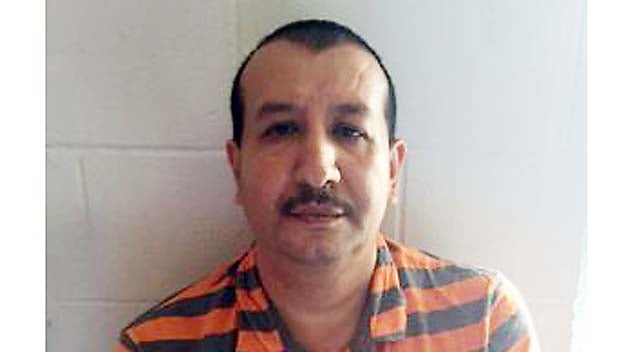Mississippi store owner heads to prison for selling drug you’ve probably never heard of – khat
Published 4:59 pm Wednesday, August 7, 2019
Mohamed Anagi Mohamed, of Greenville, will spend 10 years behind bars for drug trafficking, announced Attorney General Jim Hood.
Mohamed, 48, was sentenced Monday by Washington County Circuit Court Judge Ashley Hines. Judge Hines sentenced Mohamed to serve 30 years in the custody of the Mississippi Department of Corrections with 20 years suspended, 10 to serve and five years of post-release supervision. Mohamed must also pay $1,000 to the Crime Victims Compensation Fund, $280 for investigative costs to the Attorney General’s Office in addition to court costs and assessments.
In 2015, an AGO joint investigation, including members of the Federal Bureau of Investigation, Mississippi Bureau of Narcotics, Mississippi Crime Lab, Criminal Interdiction Unit of the Mississippi Highway Patrol and the Greenville Police Department, developed into a large controlled substance case. The joint investigation revealed that Mohamed was selling a Schedule I controlled substance cathonine, also known as “khat,” from both his business, the Hakims Mini Mart, and his home, in $100 quantities.
“We thank Judge Hines for a solid sentence and for taking this dangerous man out of our community,” General Hood said. “I offer a job well done to each agency and every hand we had working on this case from local to state to federal levels. With a unified effort we are able to apply incredible pressure on the prevention of drug trafficking in Mississippi, and that was evident in this case.”
“This case exemplifies the law enforcement partnerships at all levels, leading to safer communities,” said Special Agent in Charge of the FBI in Mississippi Michelle A. Sutphin. “The FBI continues to be dedicated to the mission to reduce crime in the communities we serve.”
This case was investigated by investigators Lee McDivitt and Keith Milsap of the Attorney General’s Consumer Protection Division. Prosecution was handled by Special Assistant Attorney General Patrick Beasley and Assistant Attorney General Stan Alexander.
More News






